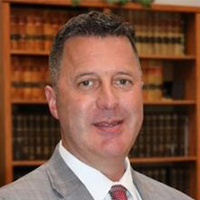Billings White Collar Crime Lawyer, Missouri
Sponsored Law Firm
-
 x
x

Click For More Info:
-
The Law Offices of Richard L. Cooper, P.A.
848 Brickell Avenue Suite 800 Miami, FL 33131» view mapDWI/DUI, Drug Trafficking, Felony Nationally Ranked Top 40 Under 40
With Richard L. Cooper you can expect a trusted confidant who will work diligently to fully understand your case and determine a road map to help you regain control of your life.
800-756-2781
Not enough matches for Billings White Collar Crime lawyer.
Below are all Billings Criminal lawyers.
Dan Romine
✓ VERIFIEDDan Romine is an attorney in Springfield, Missouri. His practice focuses on traffic tickets, DWIs, and general criminal defense. Mr. Romine is current... (more)
Scott Gregory Taylor
✓ VERIFIEDScott G. Taylor graduated from St. Louis University School of Law in 1993 and was admitted to the Missouri Bar that same year. Scott previously attend... (more)
Jeffrey C. Goodnight
Stuart P. Huffman
FREE CONSULTATION
CONTACTTad Kendall Morlan
FREE CONSULTATION
CONTACT
 Richard L. Cooper Miami, FL
Richard L. Cooper Miami, FL AboutMiami Attorney at Law
AboutMiami Attorney at Law ServicesCriminal Defense
ServicesCriminal Defense


